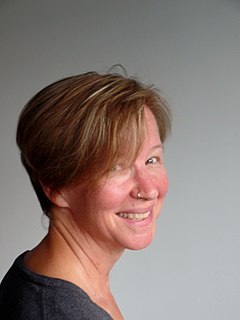A Quote by William Zinsser
The best way to learn to write is to study the work of the men and women who are doing the kind of writing you want to do.
Related Quotes
There was no real strategic decision about editorial tone. It was kind of a write whatever you want to write, and we'll see how it goes. I think that we lucked out in that all of the women who started writing at Feministing.com were really funny, and I don't think that's something people are used to seeing or hearing when they read feminism. You know, you think feminism and you kind of think academic, women's studies, dry, humorless; there are all of these stereotypes that go along with what feminist thought is and what feminist writing is.
If we are ever to construct a feminist movement that is not based on the premise that men and women are always at war with one another, then we must be willing to acknowledge the appropriateness of complex critical responses to writing by men even if it is sexist. Clearly women can learn from writers whose work is sexist, even be inspired by it, because sexism may be simply one dimension of that work. Concurrently fiercely critiquing the sexism does not mean that one does not value the work.




































